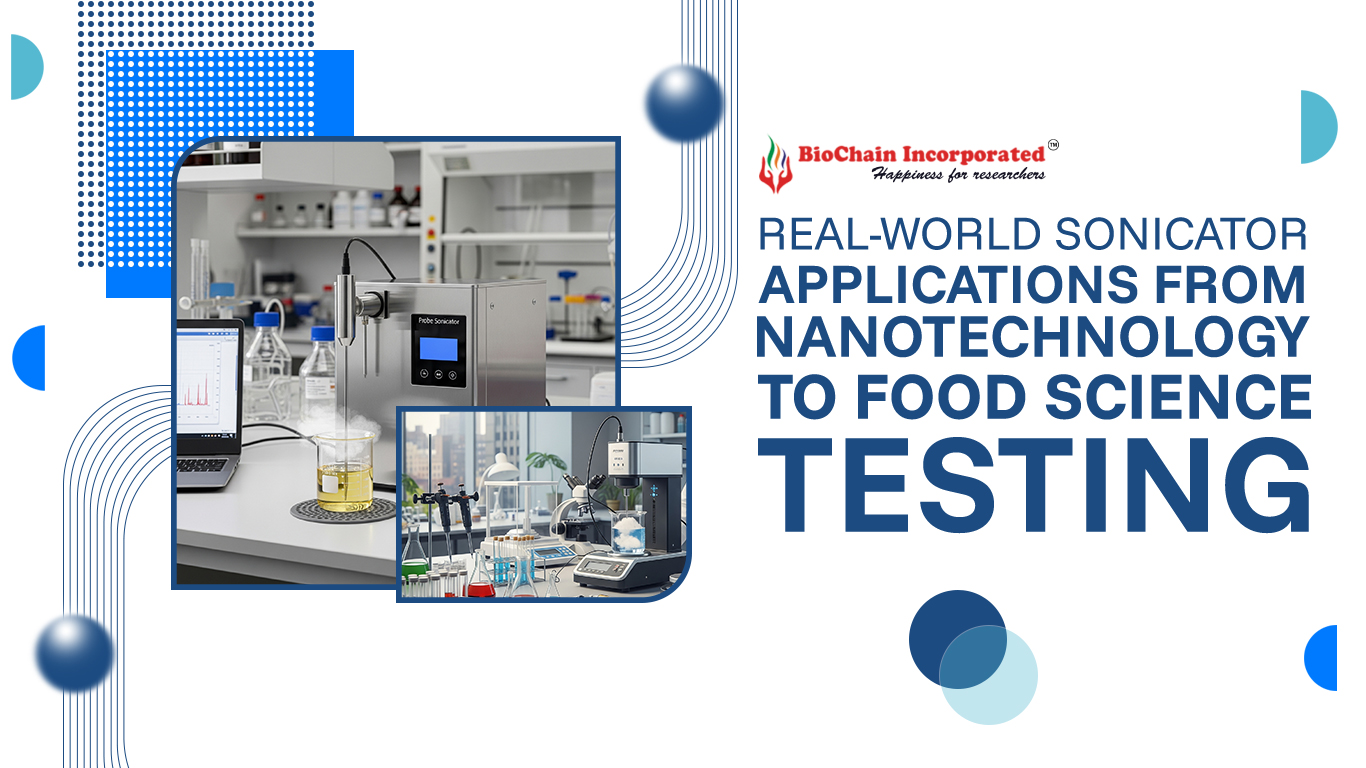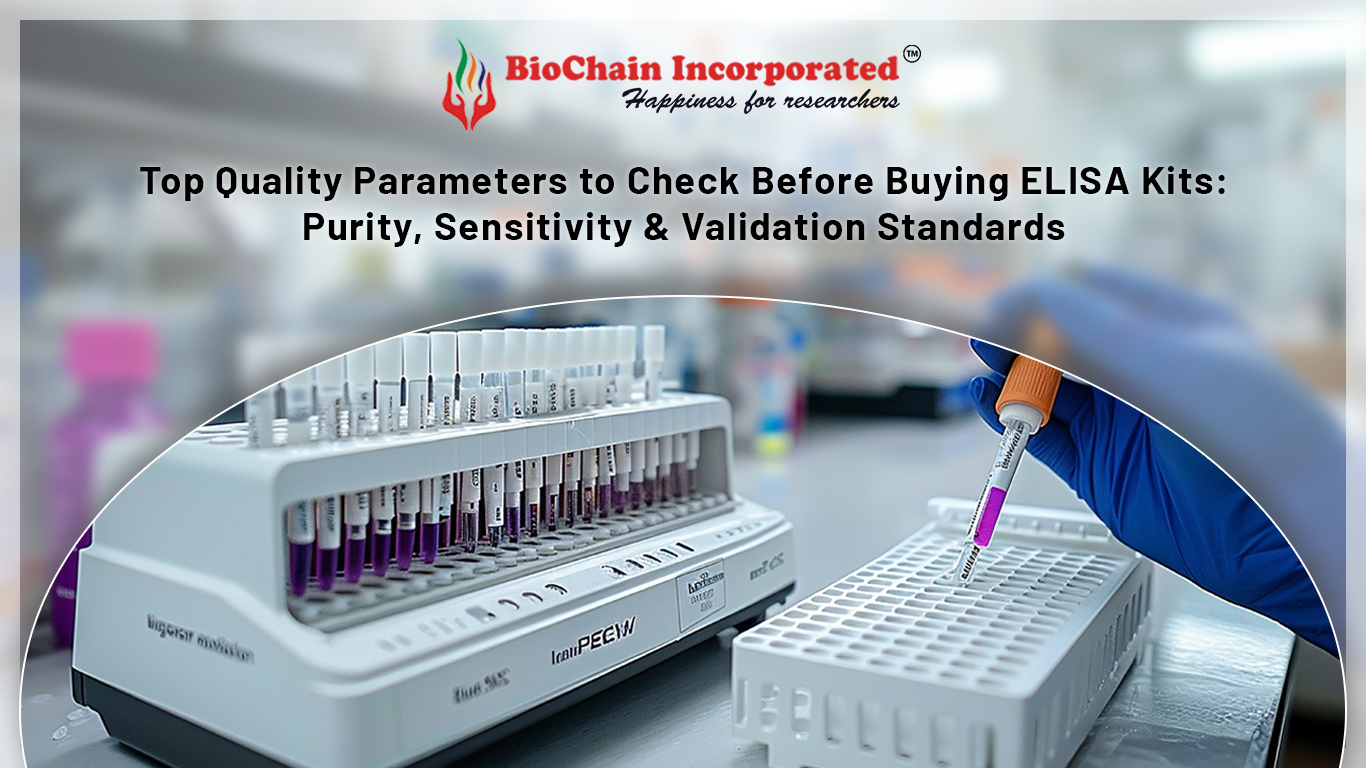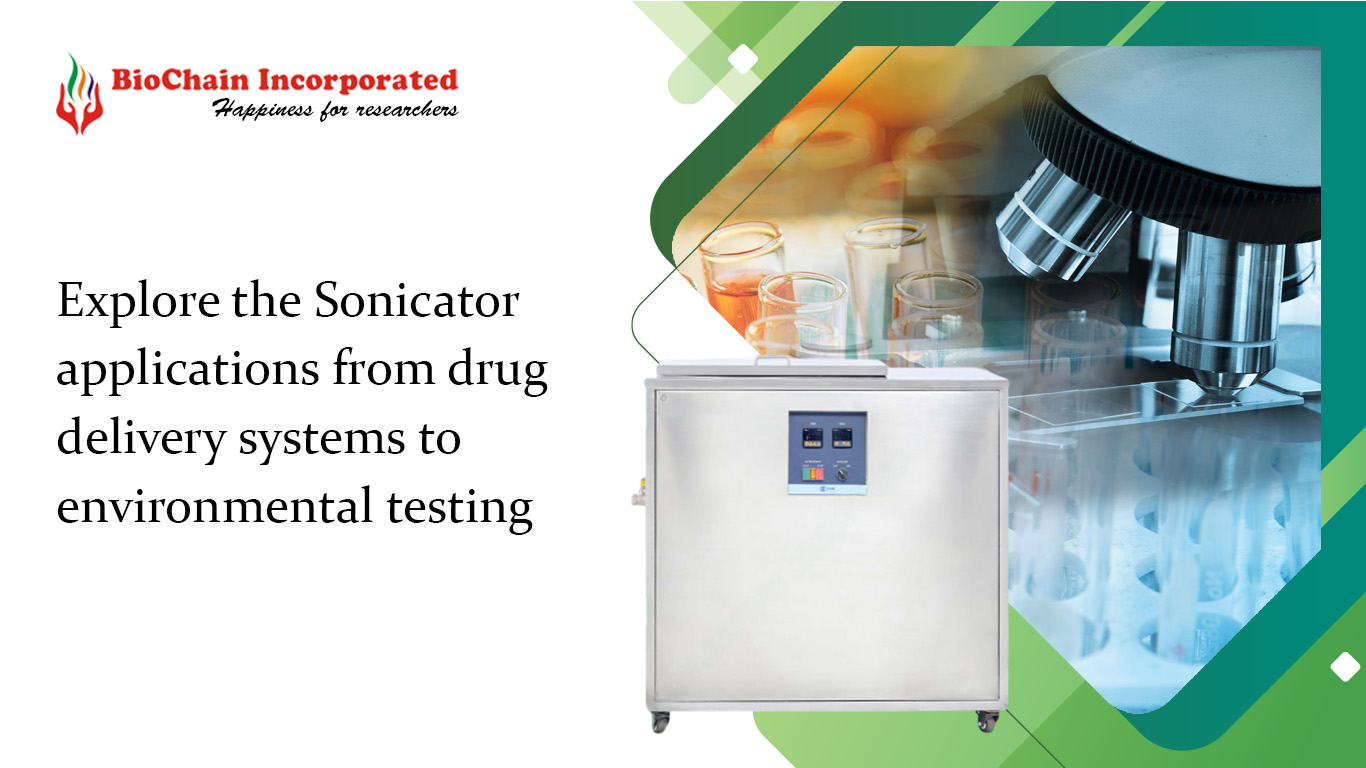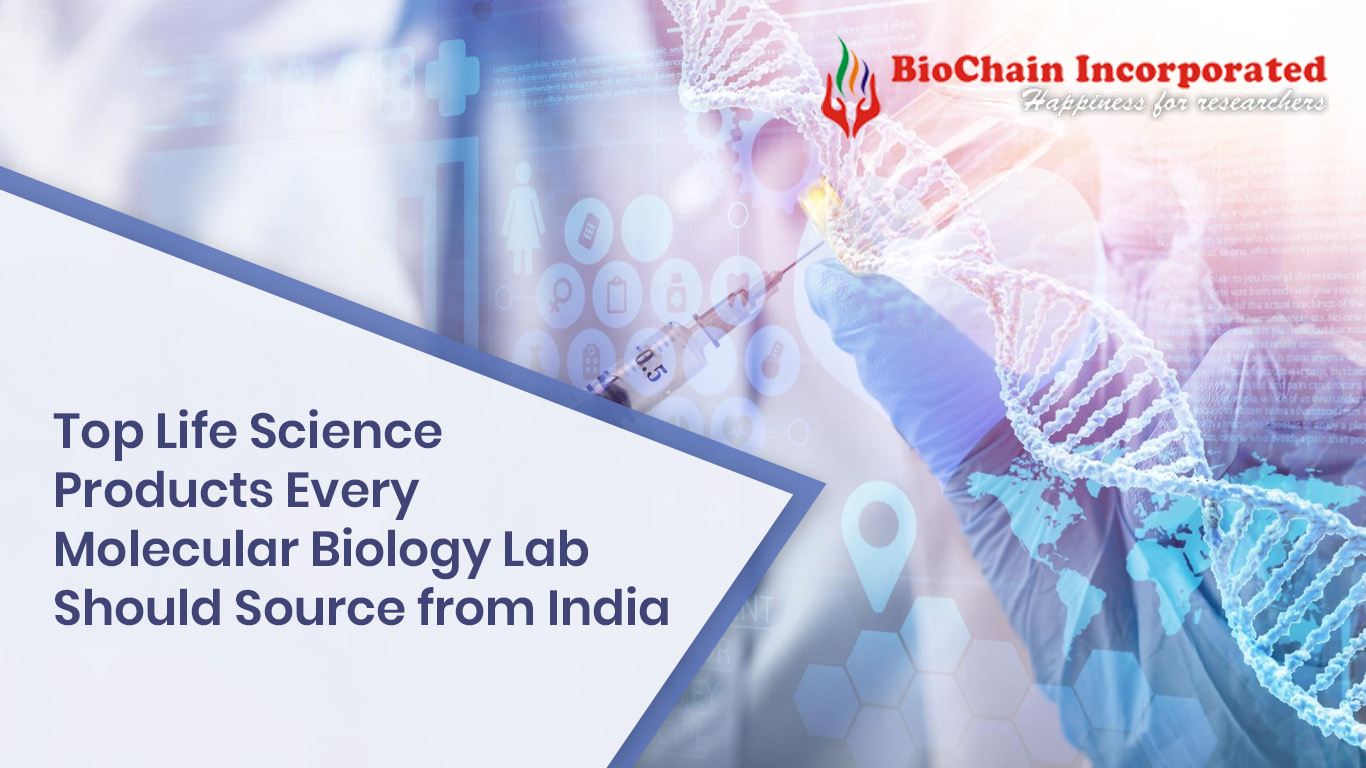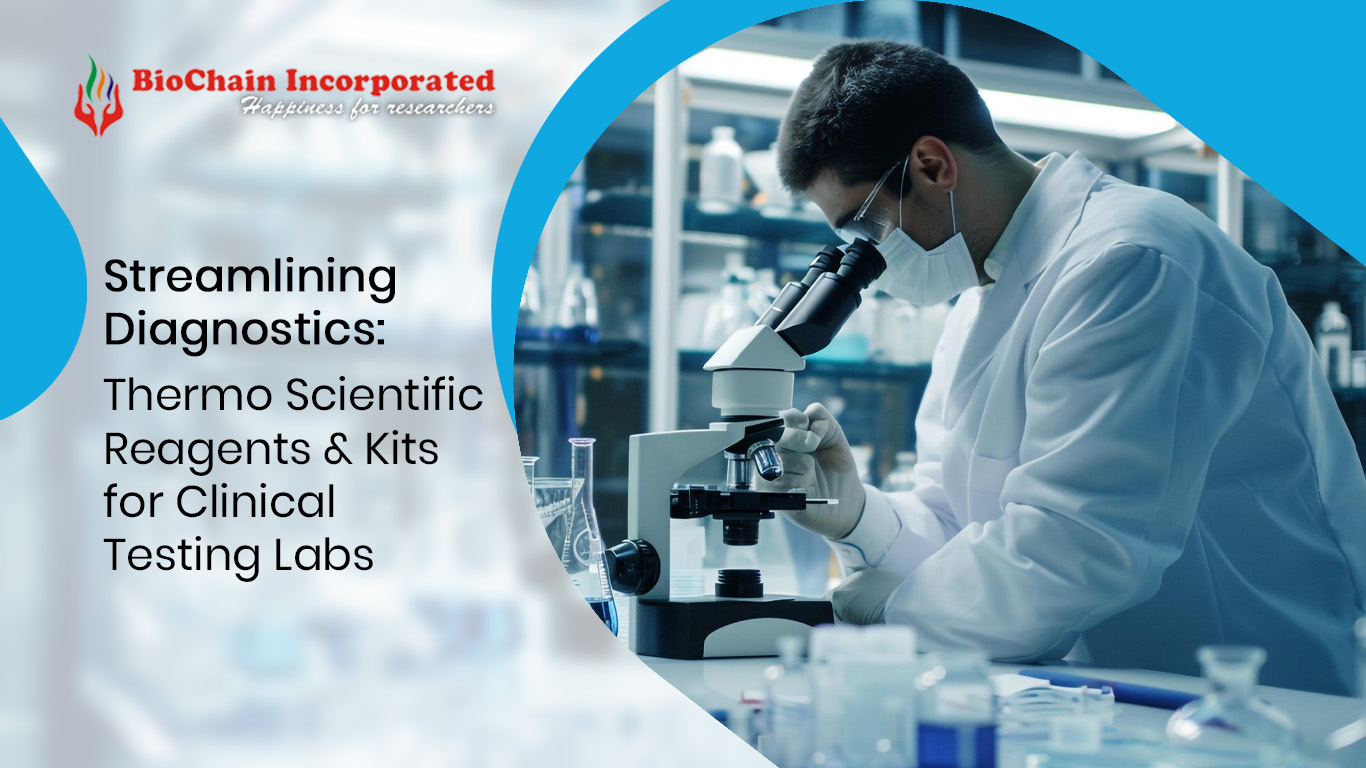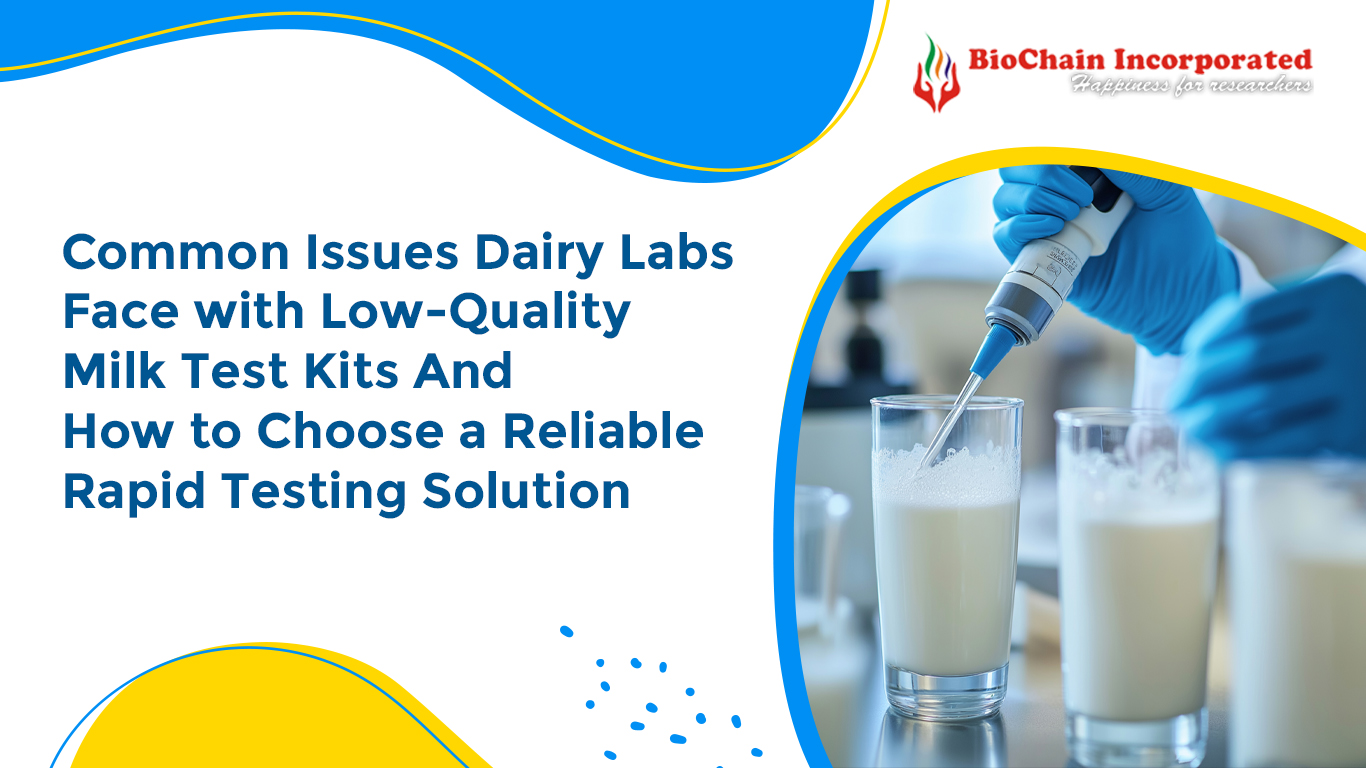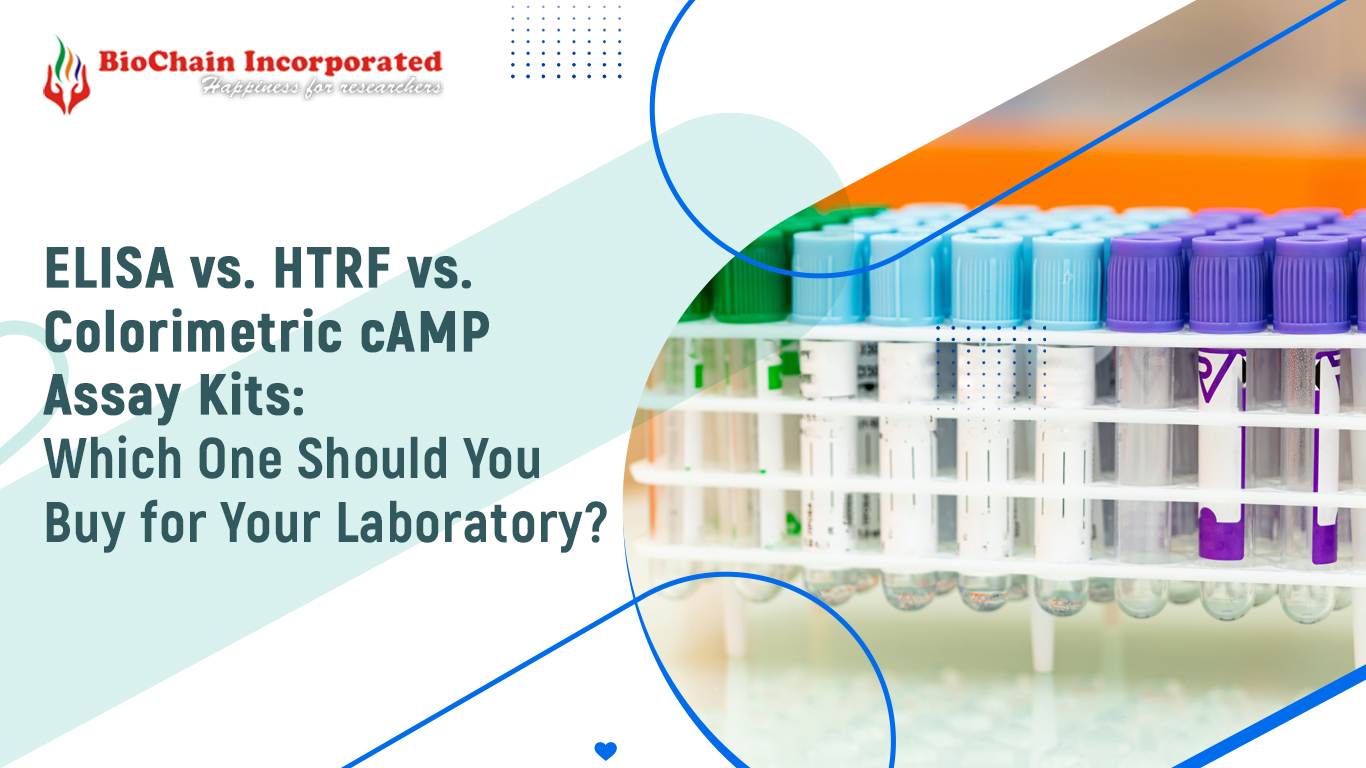Real-world Sonicator applications from nanotechnology to food science testing
Ultrasonic sonicators are one of the most essential pieces of equipment that are found in almost every scientific and industrial arena. Precision equipments are needed from nanotech labs to food science industry and power instruments like sonicators are the answer for sample preparation, mixing, homogenization, and particle size reduction. Those sonicator suppliers in India to whom customer satisfaction is of prime value are the ones like Biochain, the reliable and creative equipment brand that has been at the forefront of real-world lab research and production for over 20 years.
What are Sonicators and Why are these So Popular?
On the front line with sonicator technology, we have the process of ultrasonic cavitation, i.e., creating and bursting the microscopic air bubbles in liquid due to the high-frequency sound waves. Along the process, which is quite brilliant in energy release, cells can be broken, nanoparticles can be dispersed, and emulsions can be homogenized, all at the microscopic level.
Due to the wide range of their application and their such high efficacy, the use of sonicators has become nothing less than a necessity in all the scientific fields which are different but are still based on the same biological principles such as biology, biochemistry, environment, and food testing. As we are moving into the real world, let us look at various fields in which these instruments can be utilized.
Nanotechnology and Materials Science
Basically, in nanotechnology, the dispersion of nanoparticles as well as the deagglomeration need to be done with utmost precision. Sonicators make sure that the likes of carbon nanotubes, metal oxides, graphene, etc., are suspended in liquids and that there is no bonding between them. Breaking up of these particles is very important as it leads to uniform material properties.
Among the many sonicator distributors, Biochain's sonicators are made with properties that can be programmed and good control of the amplitude, and so they are perfect for laboratories that deal with very sensitive nanomaterials.
Molecular Biology
In molecular biology, sonicators usually are used for cell lysis, DNA shearing, and protein extraction. Biochain, which is deeply entrenched in genomics and proteomics, is the supplier of the sonicators that are designed for complex biological workflows. Sonication is a method of breaking the cells for chromatin immunoprecipitation (ChIP) and RNA extraction process, for example.
With temperature monitoring and programmable pulse cycles, Biochain’s systems not only reduce heat damage to the biomolecules but also reinsure nucleic acid and protein of high quality for the subsequent analysis.
Pharmaceutical Development
Sonication is one of the methods for the preparation of nano emulsions and liposomal drug carriers, which are the most common forms of targeted drug delivery. Biochain’s benchtop sonicators are used by pharmaceutical researchers to adjust the consistency, particle size, and stability of these delivery systems, thus easing the direct influence of bioavailability and efficacy.
Quality Testing and Food Industry
In the food industry, sonicator machines are actively used for homogenization, emulsification, and microbial testing, homogenization, emulsification. For instance, food scientists might utilize ultrasonic energy to test the stability of emulsions from milk or to extract flavor compounds and bio-actives from plant materials.
Biochain’s sonication systems of the highest quality keep the routine quality control tests on track, enabling food labs to guarantee product consistency, safety, and adherence to regulatory standards.
Over a wide range of real-world scenarios, sonicators have demonstrated their worth, starting from high-precision nanotech laboratories and ending with the daily testing of food quality. As a major vendor of laboratory.


